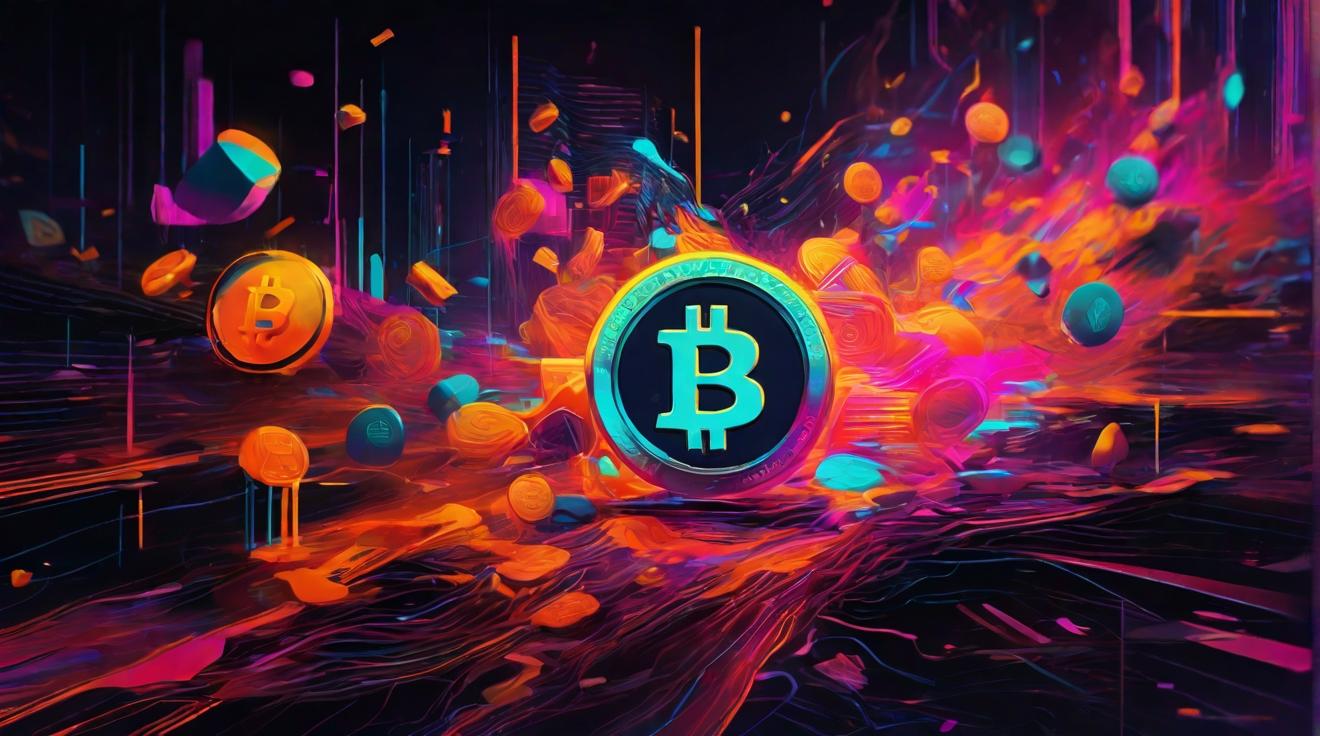The Future of Gaming: A Conversation with Yat Siu, Chairman of Animoca Brands
Blockchain-based gaming offers a different future for the gaming industry, providing digital property rights and true ownership of assets to gamers. Yat Siu, Chairman of the Board at Animoca Brands, discusses the main differences between traditional gaming and blockchain-based gaming in a recent interview.
Digital Property Rights in Blockchain-Based Gaming
One of the key differences between traditional gaming, like Roblox or Fortnite, and blockchain-based gaming is the concept of digital property rights. In traditional gaming, all assets belong to the game itself, and players have limited rights in using them. However, in blockchain-based gaming, the assets are owned by the players, giving them the same freedoms as owning physical assets in the real world.
Yat Siu emphasizes the importance of individual freedom and ownership in the gaming experience. He compares it to the physical world, where we have the freedom to do whatever we want with our physical properties. In blockchain-based gaming, assets are at the center, and the ecosystem serves the assets and their owners.
Technological Obstacles for Blockchain-Based Gaming
According to Yat Siu, the main obstacles for blockchain-based gaming to become as popular as traditional games like Roblox or Fortnite are not technological. Animoca Brands has already developed great games that behave like traditional ones while offering the benefits of true digital ownership.
The real challenge lies in mindset and adoption. Web3 gaming, powered by blockchain technology, is still in its early stages and primarily used by early adopters who understand its benefits. Financial literacy is also a factor, with Web3 gamers tending to be more financially literate than their Web2 counterparts. However, Yat Siu mentions that blockchain-based gaming is gaining traction in Asia, where gamers are interested in play-and-earn and play-and-own models.
The SEC Approval and In-Game Rewards
Yat Siu sees the recent approval of ETF Bitcoin by the SEC as a positive step towards the integration of tokenized assets, securities, and cryptocurrencies into gaming. He believes that games have the potential to teach a massive audience about finance, and the approval opens up new possibilities for fractional ownership of digital assets.
In the Web2 world, where free-to-play games dominate, users often give away their data and information for games and platforms to monetize. However, Web3 gaming provides a fairer distribution of resources and rewards, attracting paying users and offering a healthier path to financial sustainability.
Investing in Blockchain Games
When it comes to investing in blockchain games, Yat Siu highlights Axie Infinity and Pixels as successful projects. The main KPI (Key Performance Indicator) for Animoca Brands is a game's current and potential network effect.
Web3 games may not yet have hundreds of millions of users like traditional games, but they offer richer content, diversity, and higher engagement. Yat Siu believes that blockchain-based games can be profitable with just a few thousand users, thanks to the fair distribution of rewards and benefits across the ecosystem.
Promoting Innovation and Financial Literacy
Yat Siu emphasizes the need for the gaming industry to embrace innovation and enter the disruptive world of blockchain. He believes that capitalism, with its focus on market competition, promotes change and innovation. By raising awareness about financial literacy and digital worth, the industry can encourage developers and players to explore the world of blockchain and flourish.
As the gaming industry continues to evolve, blockchain-based gaming offers a different future, providing digital property rights, true ownership, and a fairer distribution of resources for gamers.
Analyst comment
Neutral news. The article discusses the differences between traditional gaming and blockchain-based gaming, highlighting the benefits of digital ownership and the challenges of adoption. It also explores the potential impact of the SEC approval of ETF Bitcoin on in-game rewards. The analyst predicts that blockchain-based games have better chances of securing paying users and offers a path to financial sustainability and IP protection. However, the success of Web3 gaming depends on raising awareness about financial literacy and digital worth. The market for blockchain-based gaming is expected to grow, but challenges in mindset and adoption remain.













